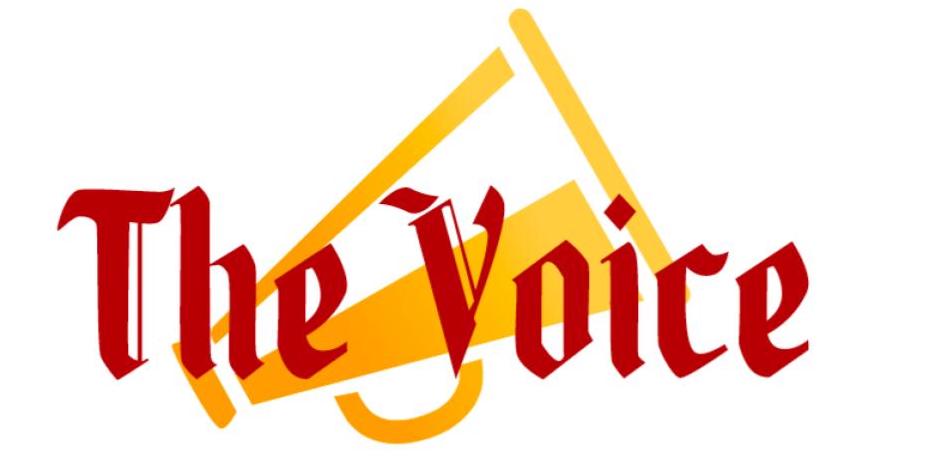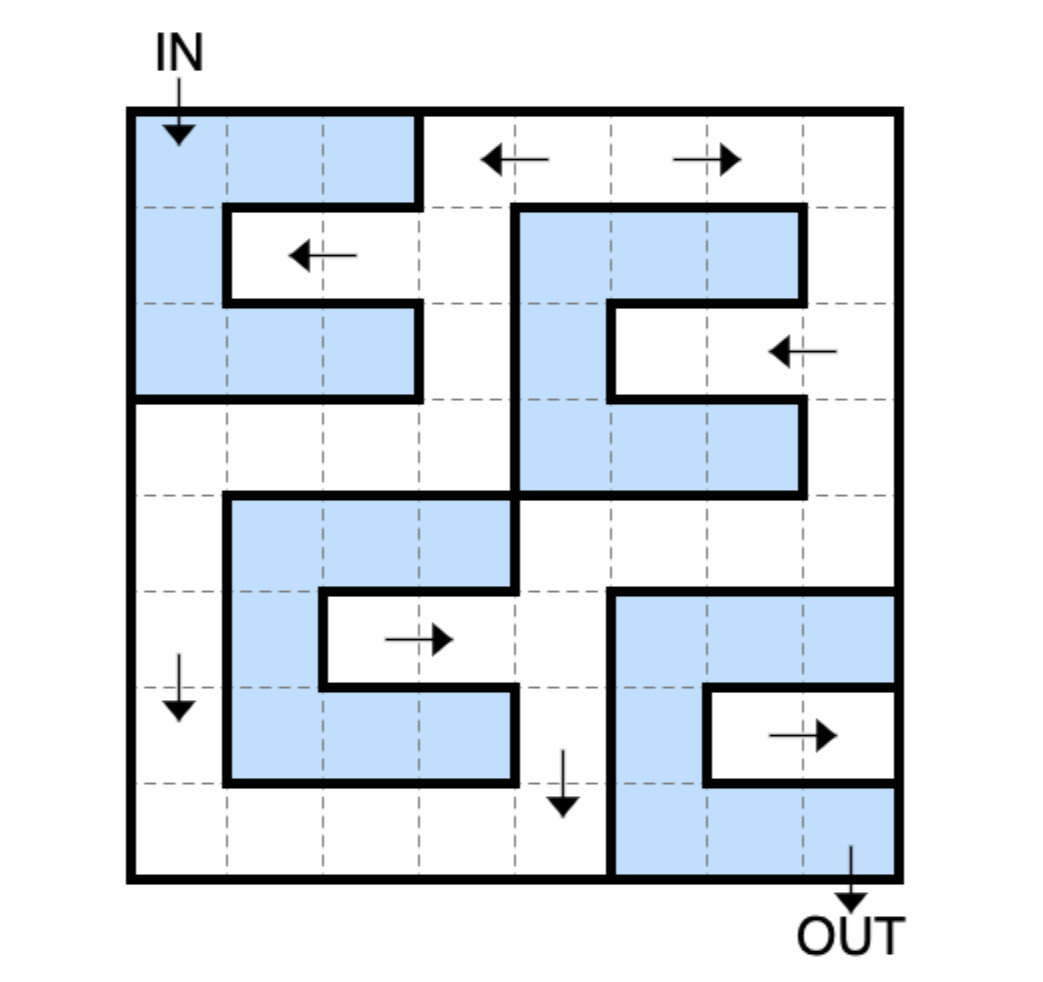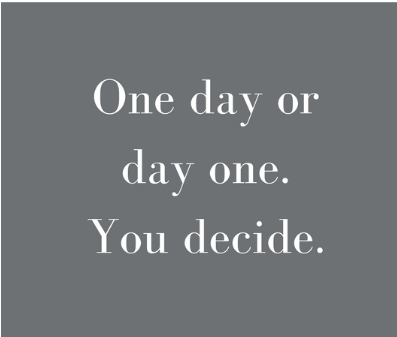This is one of two runner-up articles chosen from Mr. Patterson’s G Block Rhetoric class after a blind review by The Voice’s editors. Some minor edits have been made. Thank you so much and congratulations to all who submitted! We are so grateful to have had the opportunity to read your fantastic work, and we hope that you will continue writing!
You just got home from a stressful day at work, your boss was hard on you, and all you want is a momentary relief from all this negativity. So you open up your social media and start scrolling. All of a sudden, you see it, the worst thing you have ever heard: another mass shooting, a racist tweet with five-hundred thousand likes, or just a bad movie review. Now you’re angry, but you don’t stop. You go down to the comments and scroll, and at the bottom is one of the most crummy opinions you have ever seen. So now you are even angrier; and, you need to comment back and express how wrong this stranger is.
This isn’t an uncommon occurrence. According to NPR, social media sites “consistently select content that evokes anger and outrage from its users to maximize engagement.” In the algorithm, comments and retweets are more heavily weighted than likes, and when those comments get a lot of replies it is weighted into popularity. Innocent, normal, and well-done content doesn’t get people talking like outrage does. CBS explains, “the more morally outrageous language you use, the more inflammatory language, contemptuous language, the more indignation you use, the more it will get shared.”
If social media makes us angry, why do we keep scrolling? According to Psychology Today, anger is addictive just like sugar; and, people are as addicted to anger as they are to social media. 97% of teenagers have at least one social media, and roughly 10% of Americans report being addicted to social media. For Gen Z, this rate doubles.
For many people social media is how they feel heard, and the little way that they can contribute to causes they care about. Arguing with strangers of different political views online is the only way many people fight against bigotry or corruption. But in reality, our comments are only seen by people who either already agree or never will.
This anger doesn’t just hurt ourselves, it hurts our relationships with others. The only two kinds of content people see are things that reinforce their current worldview, and the most irrational, extreme, and anger-inducing presentation of the opposite side. Anger skews our political ideas and our views of other people. When you only see the extremist loud minority on any issue, it tarnishes the reputations of more moderate political views and intensifies your own views.
It’s important to remember that just like with filters and models on social media, the opinions you see are also a filtered minority. When, during online arguments, we unleash our anger on strangers, the only ones who win those arguments are the platforms, not the participants.





































